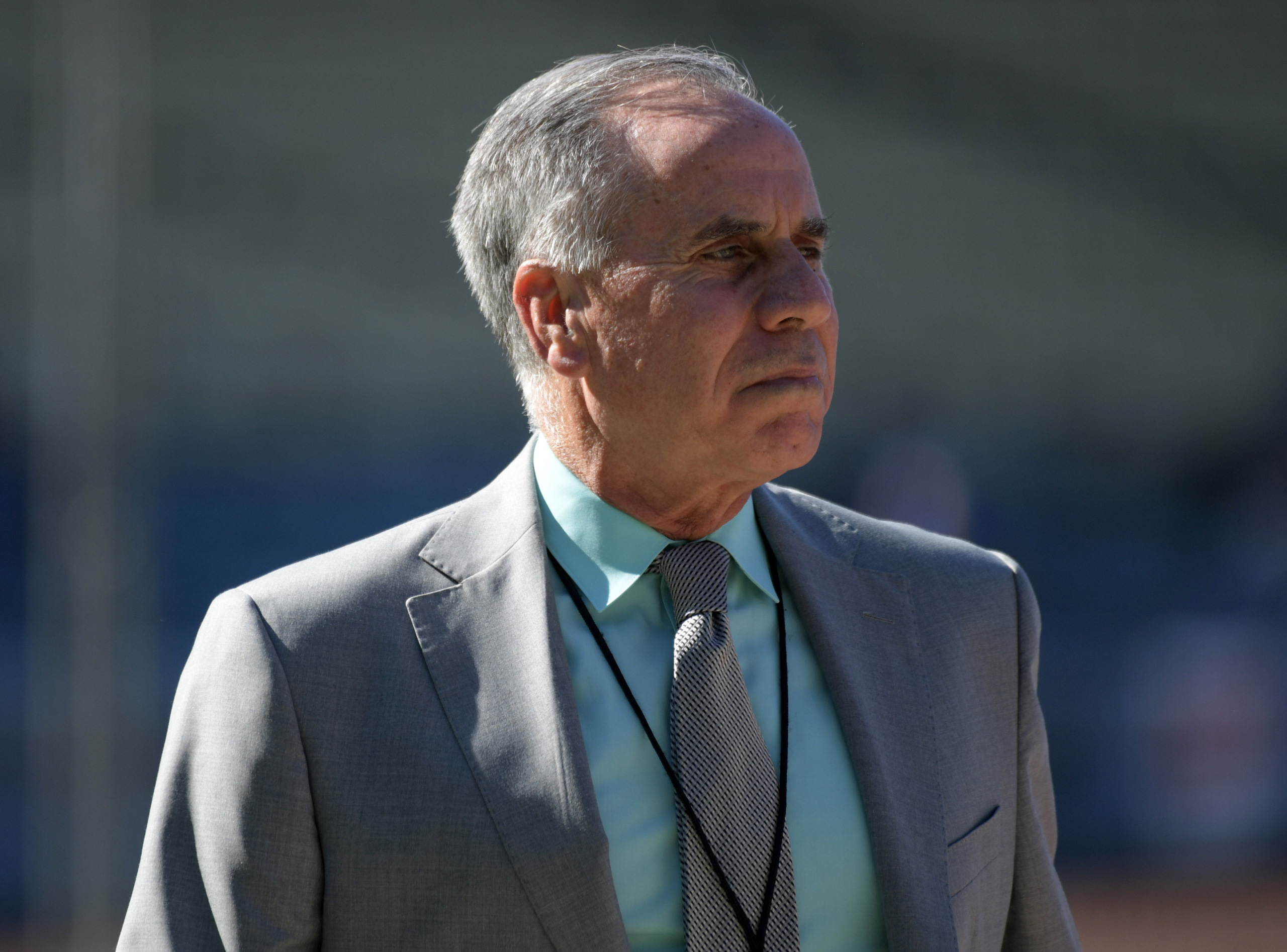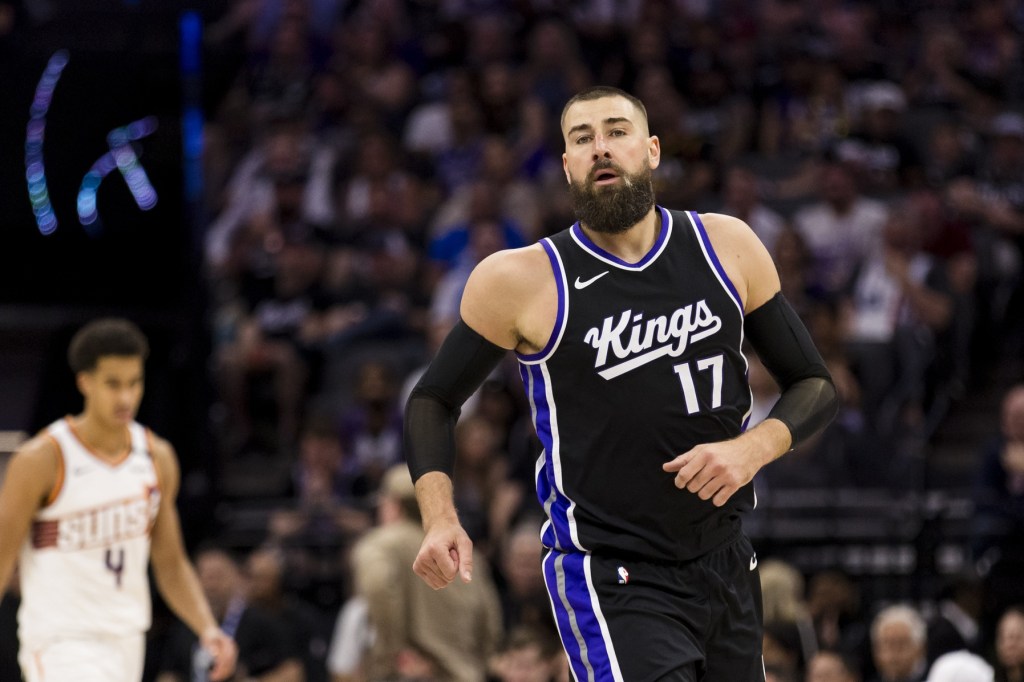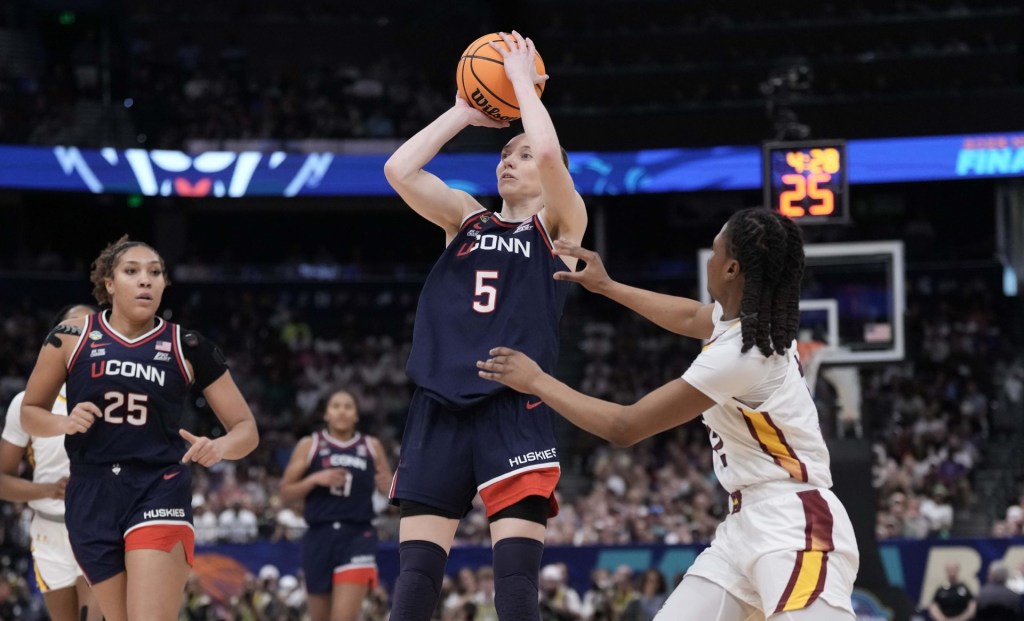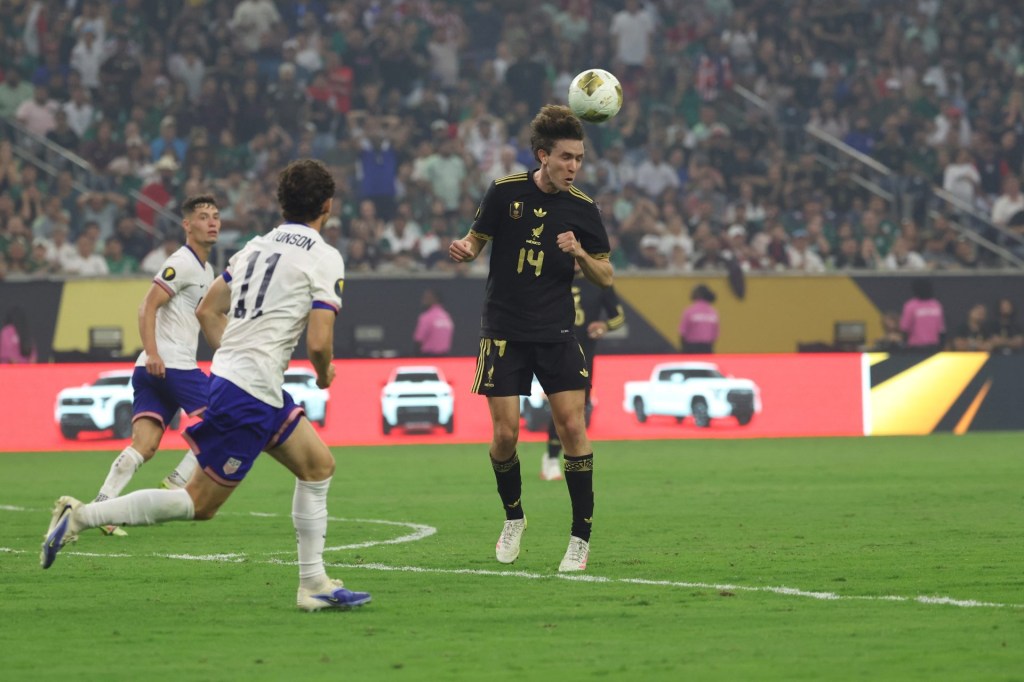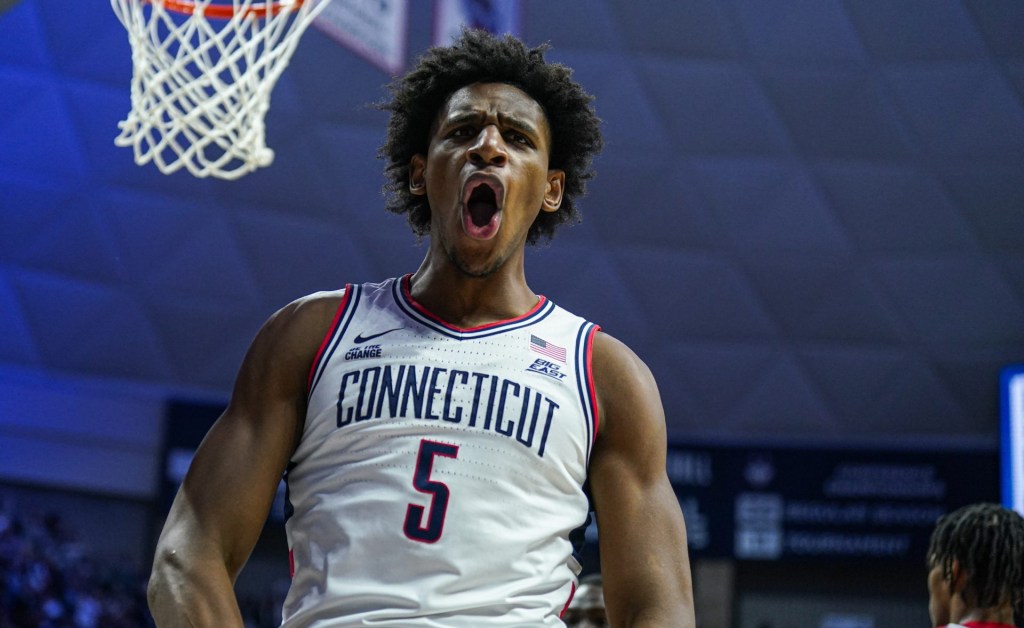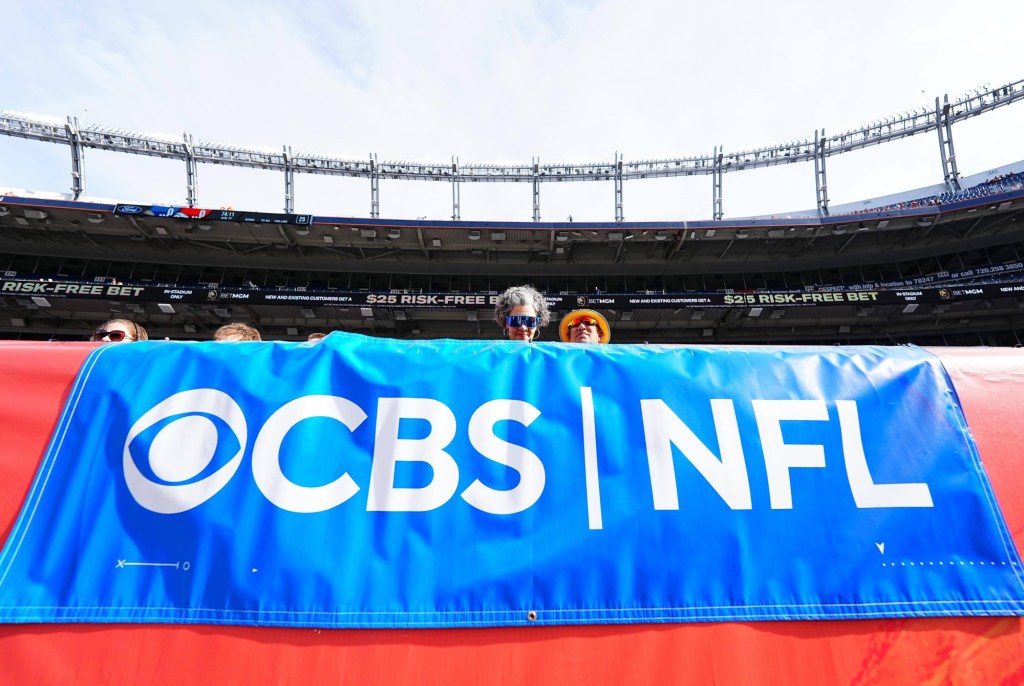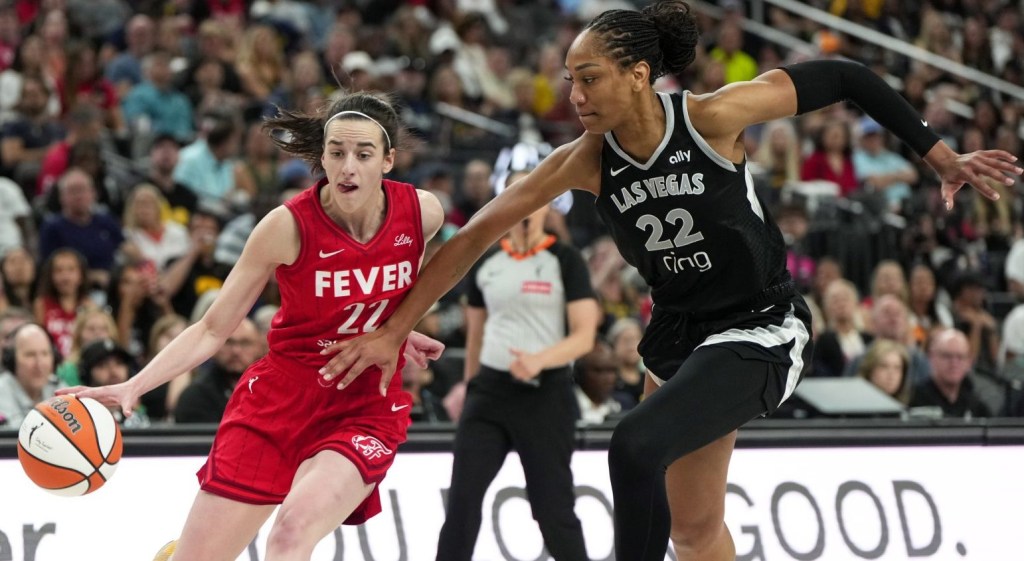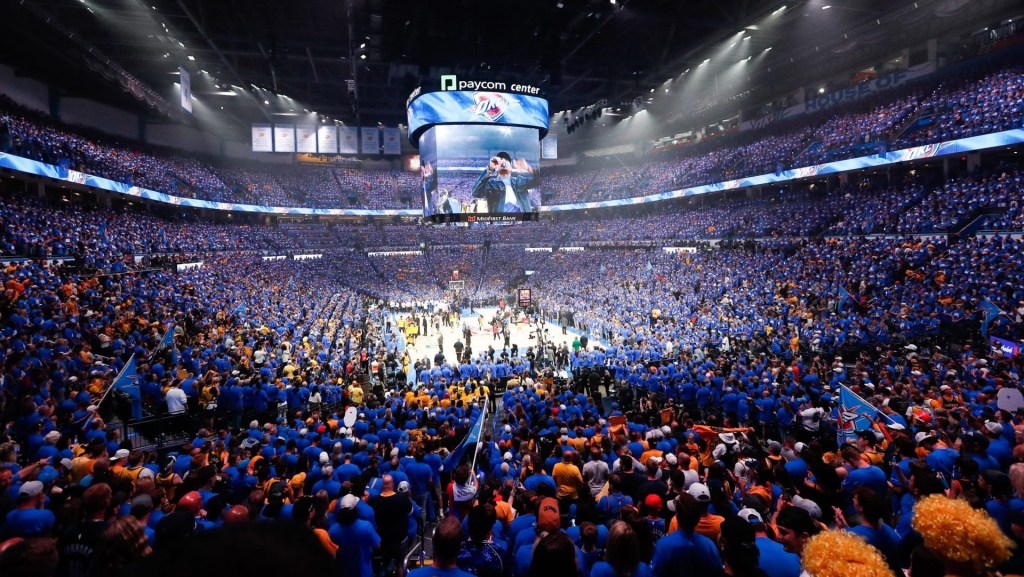Even during Major League Baseball’s hiatus, veteran MLB reporter Tim Kurkjian never strayed far away from the sport.
Covering baseball since 1981, the ESPN senior writer launched “Baseball Fix,” a series of 100 columns pegged to that date in history that was described as continuing until baseball returns.
But as he plans for the return of MLB and ESPN’s opening night game between the New York Yankees and World Series Champion Washington Nationals on July 23, Kurkjian spoke with Front Office Sports about the strategic challenges that baseball faces as it returns to the field.
Excerpts:
Front Office Sports: Let’s talk about TV coverage of baseball this season. Is there anything from ESPN’s Korean baseball coverage that could be used for American baseball telecasts?
Tim Kurkjian: I’ve really enjoyed the KBO games. I’ve done a bunch of them…I think it’s a great roadmap for baseball because this is what Major League Baseball is going to look like if the games begin. No fans in the stands? I know all about that. I covered that game in Baltimore in 2015, it was the strangest game I’ve ever covered. But this is a good barometer for Major League Baseball. To see the interaction with the players, the interaction with the umpires. All the people ancillary to the game. What are they doing? What are they wearing? What’s it like when there are no fans in the stands? I think it’s been very valuable for Major League Baseball to see how a very, very good professional baseball league operates. Again, this is what Major League Baseball is going to look like if and when it returns.
FOS: How do you feel about some of the TV innovations MLB is considering like pumping in artificial crowd noise and fan cutouts in the stands?
TK: Well, I’m not in favor of either one of those things. But I must tell you, at this point, I don’t care what you do as long as we can get the games started again. So there’s some hokey ideas out there. There’s some great ideas. There’s bad ideas out there. I don’t care. Let’s just get the players back on the field. That’s all that matters. And then we’ll figure out crowd noise and cutouts in the sands.
There’s some very creative people working on this, but that’s a very small part of this. The only thing that really matters is watching Mike Trout hit a line drive over the left-centerfield fence. Or seeing Gerrit Cole throw 100 mph. That’s what people want to see. The rest of it is really not that important.
FOS: Can baseball players survive without spitting?
TK: No, that’s impossible. They’ve been doing that since they were seven years old. We should not have to police that either. It’s a reflexive thing, spitting, putting your fingers in your mouth.
There’s no way we’re going to stop them from doing that. They don’t even know that they’re doing it. It just kind of happens all the time.
Now we can cut out the high-fives. We can stop some of the contact that is maybe unnecessary with teammates and with opponents. But you’re not going to stop them from spitting and putting their fingers in their mouth to get a better grip. So I don’t even think we should worry about that.
FOS: If a team wins the World Series after a 60-game regular season are they really World Series champions?
TK: That’s a really hard question, but I’m going to say yes. If everyone is starting in the same place, and everyone has the same chance, and everyone’s playing by the same rules, then I don’t think we have a choice. At the end of the season, you crown a champion and that champion is going to be deserving. Now, will there be an imaginary asterisk over this reason? Of course there will be.
Everyone knows that 60 games isn’t the same barometer of, of a really good team, like 162 games is. But take the [Los Angeles] Dodgers. They have a great team. Let’s say they go 45-15 in the regular season. That’s a pretty big season. Then they just steamroll everyone in October and they clobber their way through the World Series and they win. I just don’t think it’s fair to tell the Dodgers, ‘We’re not counting that.’ If we’re going to play a season, we’re going to have a champion at the end. And I at least am going to recognize that this is the champion.
I think it’s different though if somebody hits .400 this year. If somebody hits .400 in 60 games, I will tip my cap, of course. But I’m sorry, I’m not going to recognize the last .400 hitter being Jose Altuve, not Ted Williams. If you hit .400 over 162, sorry, that’s far more impressive than hitting .400 over 60.
FOS: Speaking of the [Houston] Astros, has the sports shutdown put their sign-stealing scandal in the rear-view mirror?
TK: I think it’s past for the most part. I think they’ll get booed here and there. But if there are no fans in the stands, there’s not going to be any booing. You’re absolutely right. There are a million things right now more important than booing the Astros. We have so many details with labor and with the playing of the game and keeping our players healthy and testing and quarantines. There’s a million more important stories right now than the Astros. So let’s just move on from that. Everyone knows what happened. There’s an imaginary asterisk over that championship also, but let’s just play the game and worry about booing later.
FOS: Were the Astros uniquely perfidious in their cheating? Or was it very widespread?
TK: I’ve been told all along that what they did was much more egregious than what any other team did. The Yankees in 2017, the [Boston] Red Sox in 2018…There’s a bunch of teams that have tried to use technology to steal signs. It’s been going for a long time. But the Astros kind of flaunted it. They were arrogant about it – and they got caught.
They did things I’m told nobody else did. Then they were told to stop – and they didn’t. Then they did it through the postseason. That’s why their punishment is so much greater than anybody else’s.
FOS: Has baseball become a regional sport?
TK: It really has. That’s unfortunate. It’s a great regional sport. I just worry if two teams in the middle of the country are playing, do the people on the coasts really think it matters? If the Yankees play the Dodgers in the World Series this year, are the people in Pittsburgh really going to care about that? Pittsburgh loves the Pirates. Cincinnati loves the Reds. That’s great. But I think we’ve gotten away from, ‘This is the Game of the Week. This is the national Game of the Day.’ Instead of being about 30 teams, it’s much, much more about their own team. That’s good. But mostly it’s bad. Because baseball has to be a national sport if it’s going to continue to grow.
FOS: Do you think MLB is still the number two league in America? Or has the NBA passed it?
TK: Well, I’m a little biased over here. But yes, I think the NBA has passed baseball. Mostly because it’s such an athletic sport. Not that baseball isn’t, it is. But it’s so personal because you can sit right on the court. You can almost touch the players. And even though they don’t look like us, cause they’re so big and so tall and so fast, you feel connected to them.
Let’s face it. A basketball player like LeBron James touches the ball on every possession. He’s the best player on the court – every time he plays. Whereas Mike Trout might get walked three times in the game and not even have a chance in centerfield. You leave thinking, ‘I just saw the best player I’ve ever seen and he didn’t do anything.’ Because the game wouldn’t allow him to.
Whereas in basketball, or if you’re the quarterback in football, you’re going to dominate the game one way or another. No matter what. It doesn’t work that way in baseball. But that’s another reason we love baseball. Mike Trout isn’t the star of the game every day. He doesn’t decide every single game. Max Scherzer can’t pitch every game. And that’s what makes it really good. You better have 25 guys to do all that stuff.
FOS: Your reaction to the cancellation of the Minor League Baseball season?
TK: I’m just heartbroken about that. I covered Minor League Baseball for two years. I understand what it means. I understand its importance to the game. It’s the feeder system to the Big Leagues. It’s the lifeblood to the Big Leagues, not to mention its importance to all the cities, towns, and communities across the country.
I’m not surprised this happened. I am surprised that baseball, before COVID-19 came up, wanted to cancel or get rid of 42 teams. I do not understand that. I understand you’re trying to save money, but to not appreciate the importance of a minor league system – the feeder system for the Big Leagues – is to not have a good look at things.
I hope out of all this, we’re going to recognize in some strange way, just how important the development of players is. And the only way to do that is to send them through the minor league system.
FOS: What about the economic impact on these small towns?
TK: I’ve been in some of those small towns. They just revere their Minor League teams. I covered Minor League Baseball in the late 70’s while covering Major League Baseball at the same time. I always thought how cool it was you could watch a kid come through A-ball. I saw Julio Franco play in A-ball. I was mesmerized, as a 160-pound shortstop, how he could hit the ball that hard, especially to right center field. I always said, ‘I saw him play at A-ball.’ That’s one of the beauties of the Minor Leagues. People say, ‘I saw Mike Trout come through here when he was 18 years old. That stuff really matters. Taking away some of that, I think, is a bad idea.
FOS: What happened to all the great African American baseball stars?
TK: It’s been a big loss for baseball. There’s no doubt about that. There are probably a million different reasons for this. But I spoke to a coach of a 12-year old travel team recently. He’s a great coach and his kids are great kids. But it costs $10,000 a year for a kid to play on his travel team with all that they do. And that doesn’t count all the money that mom and dad are going to have to spend just to travel to watch the kids play. There are a lot of people in this world that can’t afford that.
Plus, football and basketball have gotten so big. There’s such immediate gratification in those sports. You come out of a big time college football program, you’re going to get drafted, you’re going to make a lot of money right away. You’ll probably start as a rookie. It doesn’t work that way in baseball. In this all-or-nothing, give-me-the excitement everyday environment right now, baseball takes a little time and some have chosen to go play football and basketball.
FOS: Aaron Judge didn’t break in with the Yankees until he was 24 years old. LeBron James, on the other hand, was 18.
TK: That’s why Aaron Judge is so important to baseball. He could have played basketball at a very high level. He could have played football. But he chose baseball and that’s a really good thing for baseball.
FOS: Does MLB get a bad rap in the press vs. NBA or NFL?
TK: I think baseball players especially get a rough break sometimes. People are, I think, excessively hard on them. They do make an enormous amount of money and their contracts for the most part are guaranteed. But I don’t see too many people calling football players and basketball players, ‘greedy players’ all the time. But it seems to happen that way in baseball way more often. I’m just not sure baseball does a very good job of promoting its own sport. I think it should look at somebody like Mike Trout and not emphasize how much money he makes. Just emphasize how great he is.
That’s what the NBA and the NFL do better. They really value their players and they really prop them up and they make them into superstars on their own where baseball tends to knock their own guys down once in a while. Never quite understood that.
FOS: Why did you write 100 ‘Baseball Fix’ columns during the shutdown?
TK: 100 was a nice round figure. We’re stopping it only because real baseball, in theory, is going to start. This was just a little stopgap, just something to give our best baseball fans a reason to smile every day, hopefully, and keep the game engaged at a time when there were no games. I thoroughly enjoyed doing it…It’s been way more work than I thought it would. But it’s been great fun.
FOS: Loved your Bob Gibson Fix column. Have fans forgotten how dominant a pitcher this Hall of Famer was?
TK: This is what I enjoyed the most of the whole process. There are a lot of young people out there that never saw Bob Gibson pitch. They never saw Roberto Clemente play. They don’t even know who Willie Mays is. They never saw him play. And I did. So being 63 years old is really helpful when you’re doing something like this.
Gibson was the most ferocious pitcher I’ve ever seen in my life. Dusty Baker said Hank Aaron told him, ‘Don’t mess with Bob Gibson. Don’t look at him, don’t talk to him. And if he hits you with a pitch, don’t charge the mound. Because he’ll beat your ass.’ That’s who Bob Gibson was. The 1968 season was historic on so many different levels. But he was way more than just a one-year great pitcher.
He won two Cy Youngs. He was a great hitting pitcher. He’s one of the greatest athletes ever to play that position, if not the best. He was a great basketball player. He played for the [Harlem] Globetrotters for a year. Bottom line is if you look at his post-season numbers, and you look at his competitive nature, you could make a case that if you need one pitcher to start a postseason game, it would be Bob Gibson. That’s how great he was in October. He was great every month. But he’s the only one to win two Game 7’s with complete game victories. If you got to Game 7 there was no doubt who was pitching that game – it was Bob Gibson. And the fact that he completed those games just shows that it was a different time and you could count on anything from Bob Gibson.
FOS: How were Gibson and others able to pitch so long compared to today’s injury-plagued pitchers? Is the modern generation just throwing harder?
TK: They’re definitely throwing a harder, there’s more max effort there. Their stuff I think is more violent than it used to be. But mostly we have conditioned them as an industry to throw five innings, a hundred pitches, and then we’re going to get you out of there.
I certainly understand we’re trying to protect these enormous financial investments in these guys. I always thought growing up the common denominator of all of our great pitchers was their durability. They went out there.
Warren Spahn might be the most durable pitcher ever. He would throw batting practice in between starts. He pitched in relief every once in a while. I think the more you throw, the stronger your arm becomes. But that’s not the way they look at it today…It’s really become a paradox. The more that we rest our guys and try to protect them, the more it seems that they get injured.
So I think the throwbacks, even Nolan Ryan and Tom Seaver in their time, the more you throw the better you get. I’m going to believe that until someone proves me wrong.
